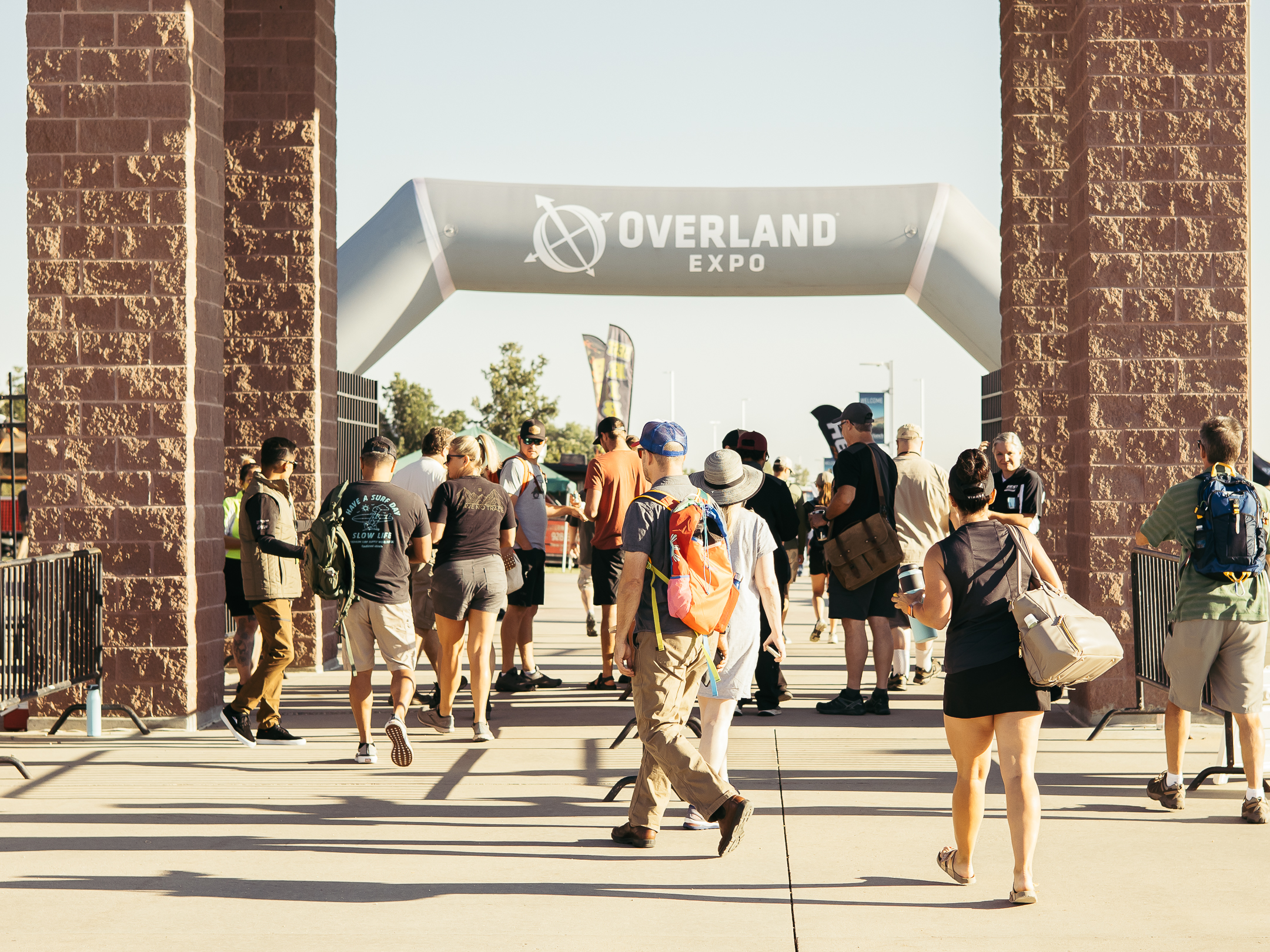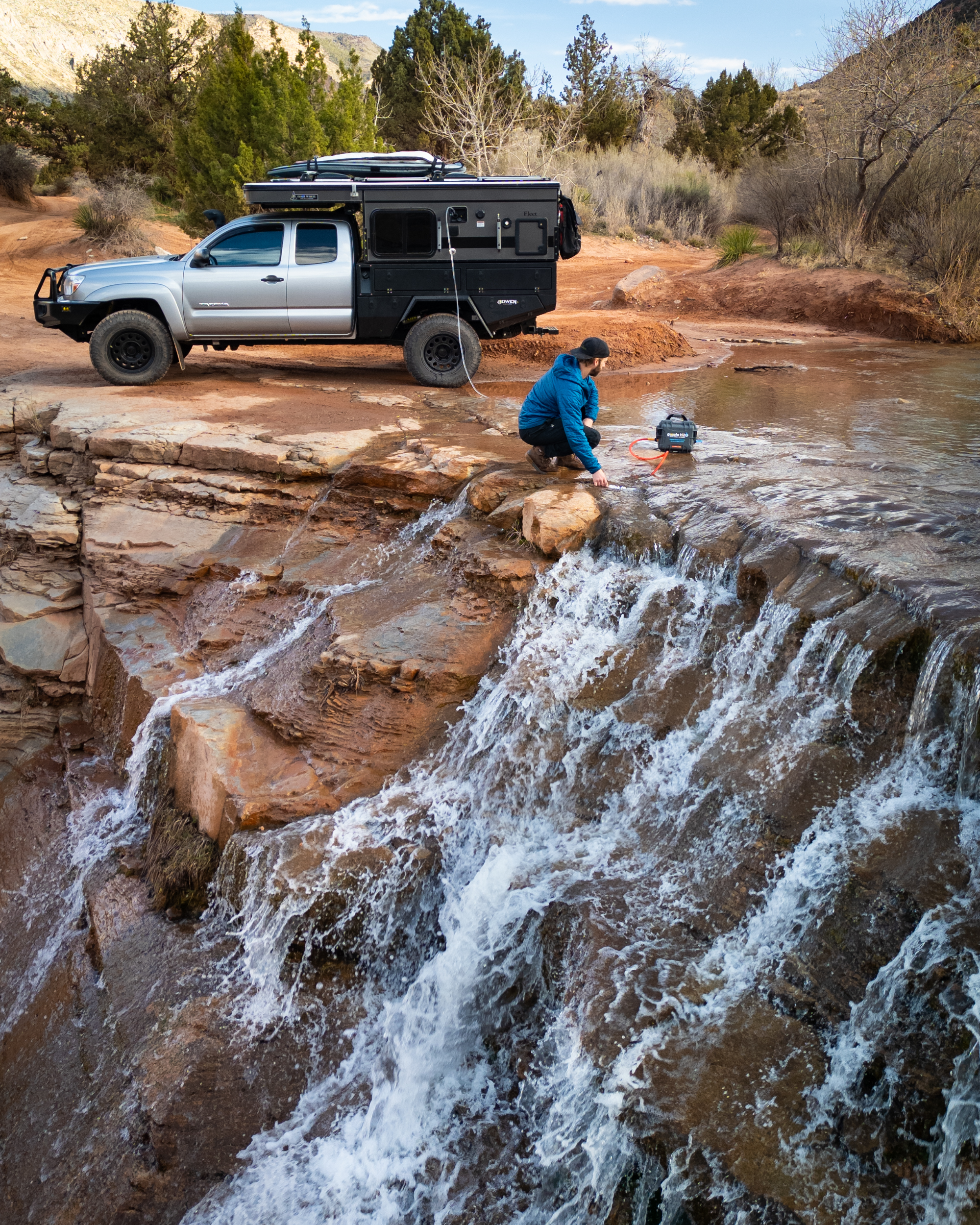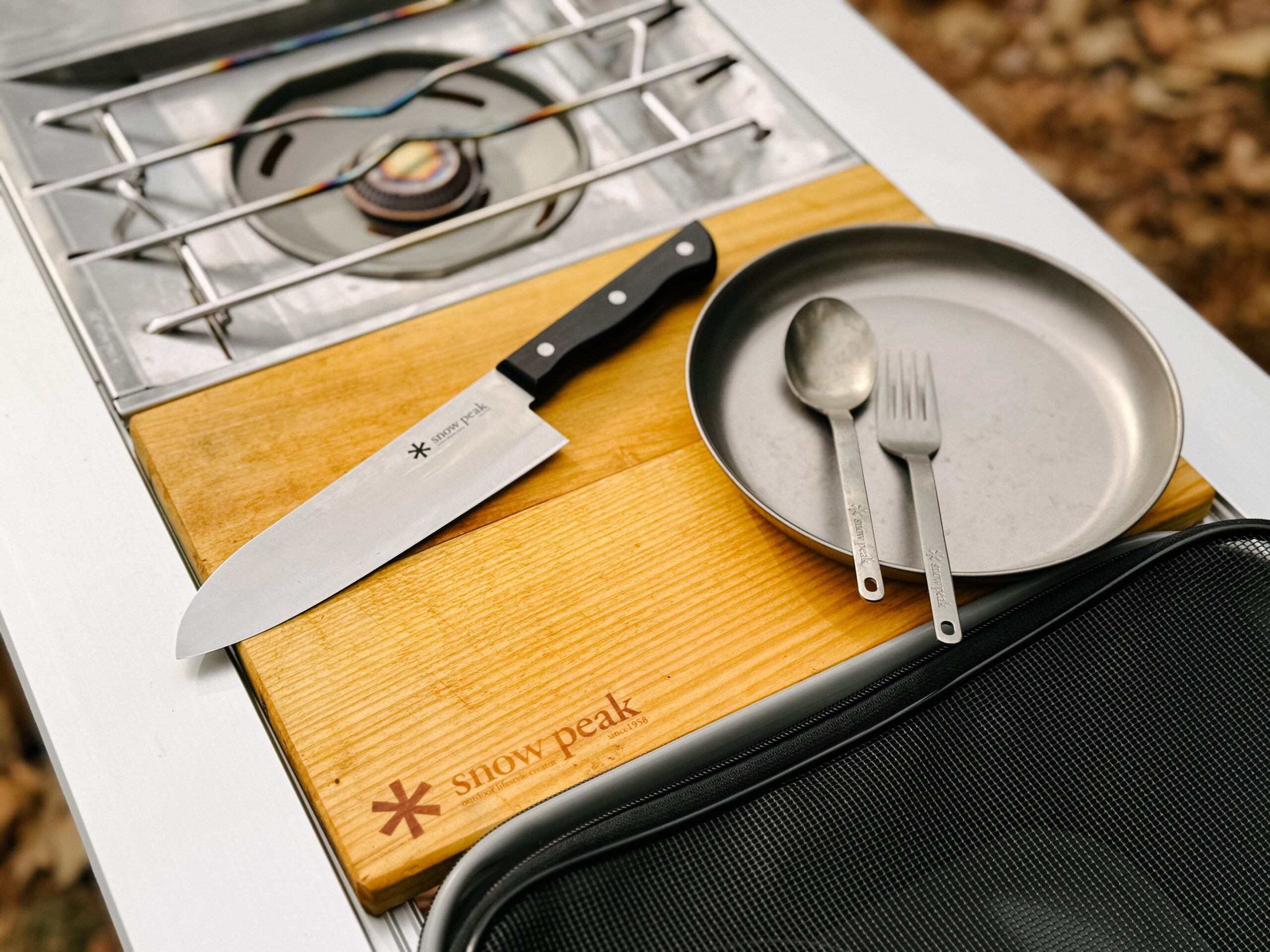One of the most common questions our instructors and presenters get in classes at Overland Expo is, “how do you afford overlanding?” It’s always a difficult question to answer without making assumptions about a person’s income level, experience, and needs while traveling. What one person might be able to do with $200.00 isn’t the same as what another can do to stretch those dollars.
There are many ways to finance overland travel, from using retirement funds, selling everything you own and hitting the road, working full time and saving money, becoming a digital nomad, or simply keeping your 9-5 and going out on weekends, holidays, and vacations. One way of financing your overland travels isn’t any better or worse than the other – and you’ll find that you may jump categories over the course of your lifetime.
Let’s take an in-depth look at these categories and also explore some of the challenges that come with that type of travel.
The Retiree Overlander: Cash It In and Hit the Road
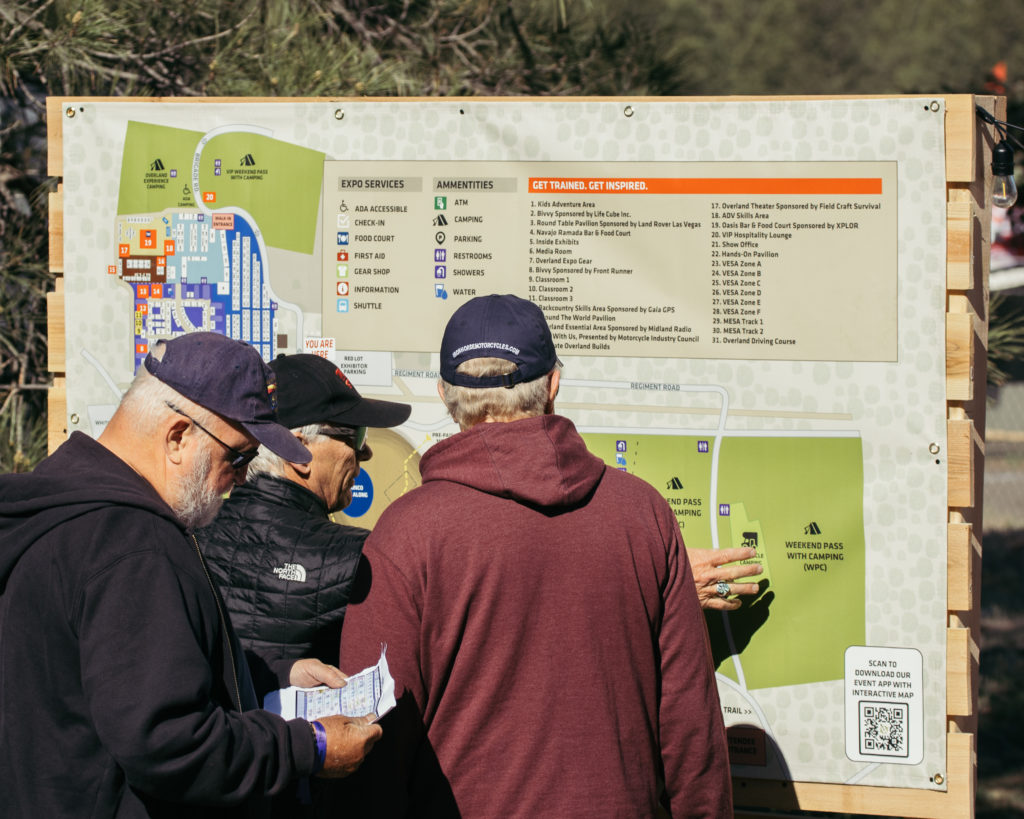
The retirement traveler is a person or couple who are cashing in on a lump sum of money, an excellent example being a retirement plan that has finally matured enough to quit working. The more you save for retirement while you’re working, the more leeway you’ll have to budget some of that money for a vehicle or travel spending. This is probably the most popular way to fund your overland travels.
The retirement model can be very appealing because most financial advisors will help you plan your retirement in a way that will allow you to maintain your quality of life as it was when you were working. When you decide to hit the road full-time in a vehicle, many of those costs don’t exist, or they are much lower, and you can have a large amount of financial buffer to allow you to live comfortably.
Read More: Editors’ Choice: Overland Generators
Waiting until retirement to travel extensively is problematic because you’ll likely be waiting for a very long time – well into your 60s or early-70s to begin experiencing the world of vehicle based travel. Overland travel can be taxing, even grueling at times, and an older person may not be able to do the same things that they could do in their 30s or 40s.
Tips for the Retiree Overlander
If traveling with a spouse or partner, communication is key. You have been working for 40 or more years, maybe raising a family at the same time, effective communication could be a little bit different when you begin living in a small space together, every second of every day. Give yourself some time to adjust to life on the road, and make sure to stay sharp physically with regular exercise and mentally with hobbies and trip planning.
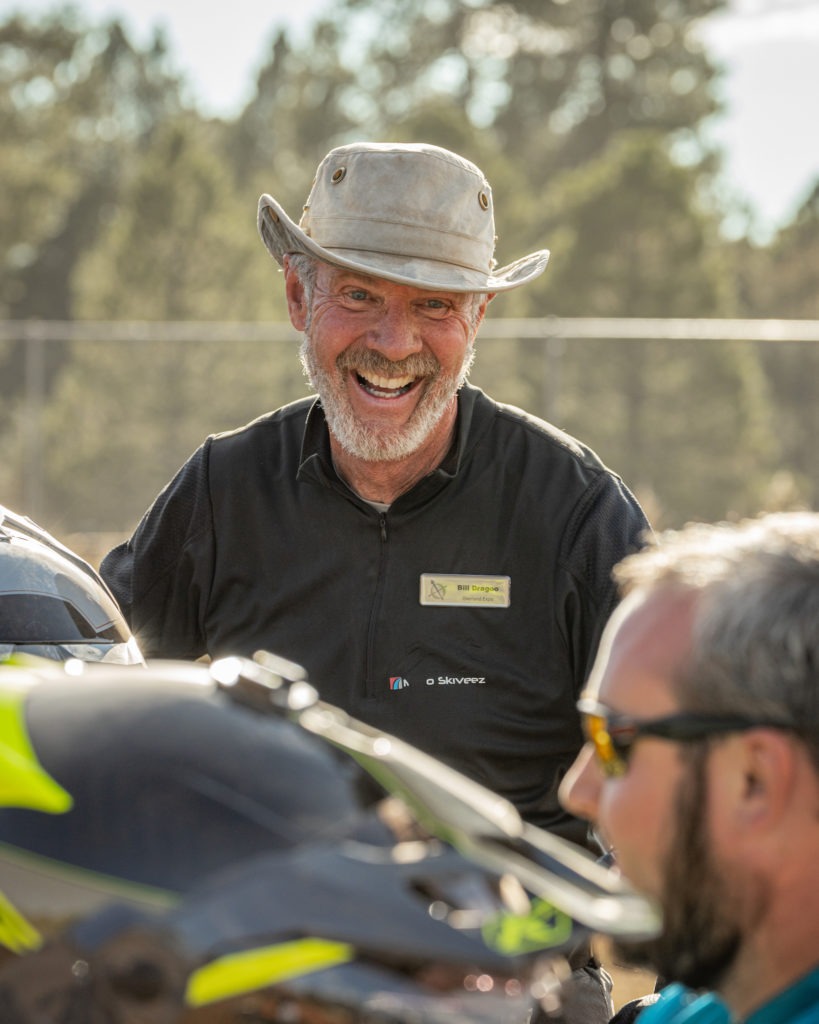
Don’t be afraid to pick up extra work that coincides with your travel plans. If you had planned on exploring a region for a few months, look into becoming a camp host at a campground near where you want to explore. Housesitting is another great option for long-term travelers that want to spend longer stretches in a single city before moving on.
The Liquidator Overlander: Sell it All and Hit the Road
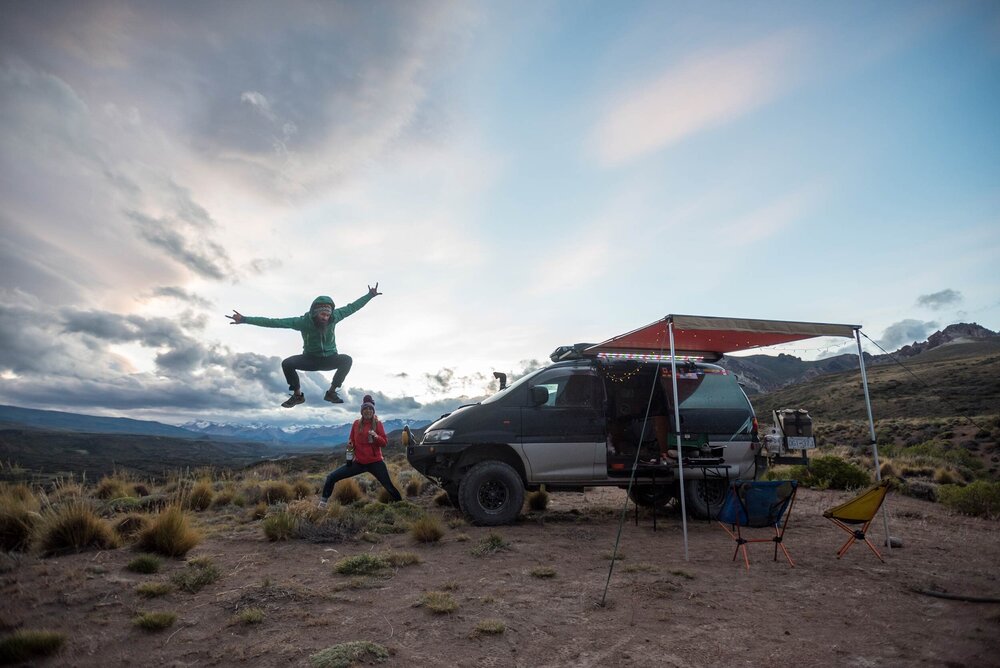
The “Liquidator” type sells everything, rents out their property, and hits the road full-time. Liquidators seem to get the most attention at Overland Expo events as they are “living the dream” that most of us want to live – or at least the dream we think we want to live. From the exterior, it looks like the Liquidators live a carefree existence by eliminating the possessions that hold them down.
While that can be true, the Liquidator is also committed to this style of travel for an extended period of time – whether they want to continue it or not. Once you quit your job and hand over the keys to your house, condo, or apartment, turning back is not really an option. It will take as much (if not more) work to get established again, find employment, and a place to live.
A major advantage of traveling full time on a big chunk of money is that you don’t need to work while you travel. The freedom to explore an area without the need to focus on emails, phone calls, or other work responsibilities is very rewarding. You can visit attractions on Monday morning when the tourists have left, enjoy blissfully quiet campsites, and generally experience towns and cities as locals do.
Tips for the Liquidator Overlander
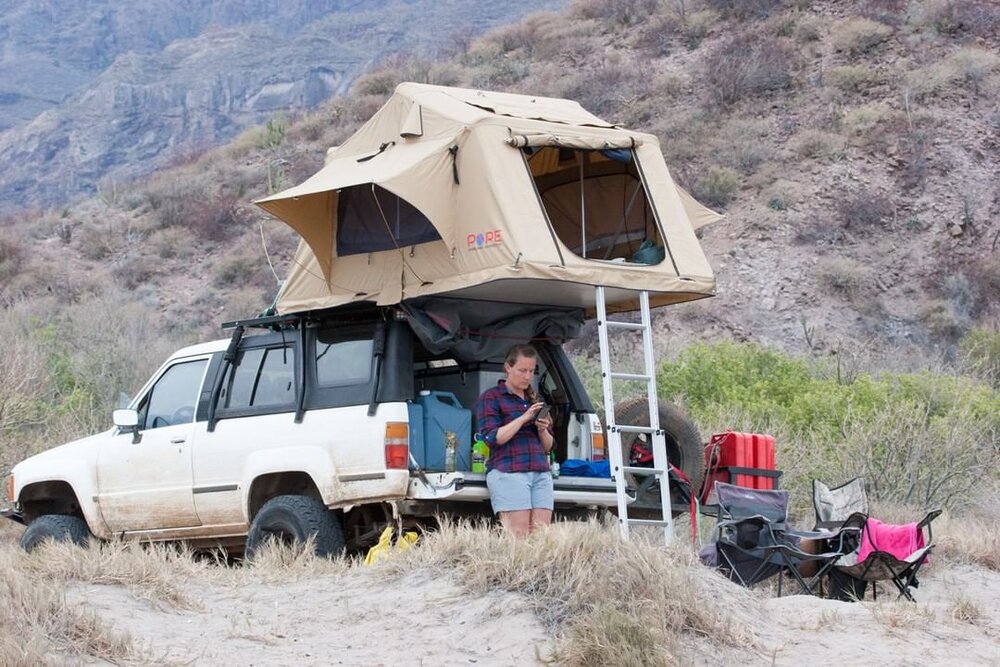
Sell everything that you won’t need while traveling or that you won’t need to start over when/if you return to a normal life. Consider renting a small storage unit or borrowing space in someone’s garage or basement to store essential possessions that you can use to get back on your feet quicker when your travels are complete.
Make decisions early about the clothes, gear, and possession you want to keep – don’t hold that off until the last minute or you might end up needing to pull a trailer to store everything you want to keep. When you’re beginning the process of selling your things, look at your possessions as money to be used for the trip. If you save that item, great, but if you sell it, how long can you travel?
The Pennysaver Overlander: Frugality Gets You Everywhere
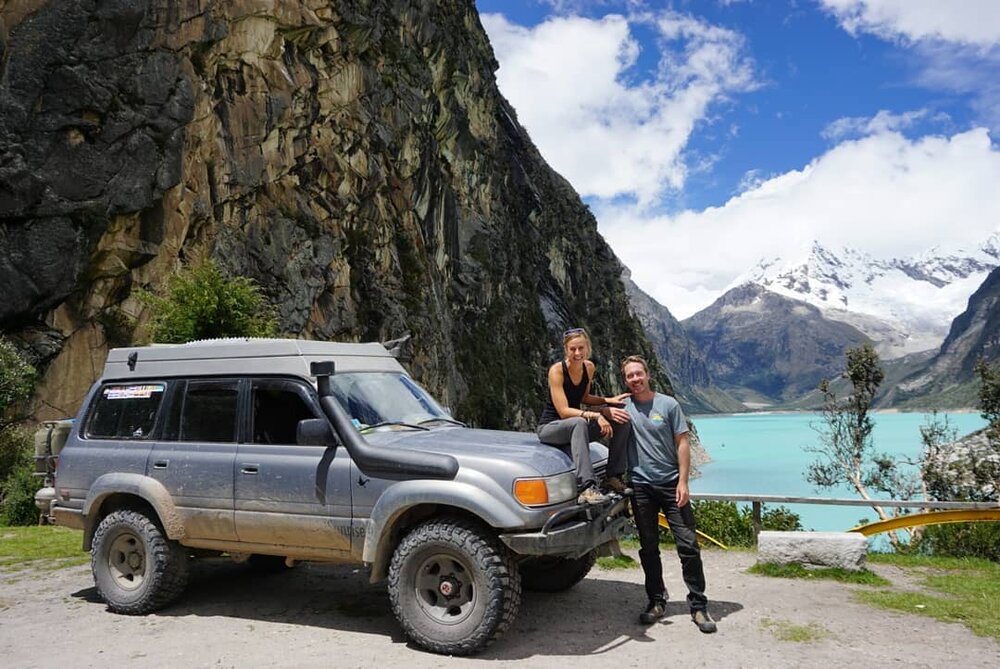
A pennysaver is a successful overlander, more times than not. Pennysavers focus on working for an extended period of time and saving as much as they can, then loading up for several months or years and living off their savings. This method is extremely common with those that are able to work seasonally or perform contract work that doesn’t continue all year. If you are the type of person that is able to save money and live frugally, you will be well-prepared for an extended overland journey.
Read More: Is Overlanding Expensive?
Saving pennies to be able to afford a future trip is effective but can be challenging in its own way. When you begin saving, you will feel like you are missing out on living your life where you are, and sometimes that is difficult. A proper balance of expectations while sacrificing present happiness for future adventures is extremely important. Once you are able to afford to leave for your trip, the countdown begins on the amount of time you have on the road before you need to settle down again and save more money.
Tips for the Pennysaver Overlander
Create a separate bank account for your travel fund. By setting up a direct deposit of money into your account after you pay your bills, you prevent future-you from spending that money.
Research other overlanders’ budgets, and you should be able to get a good idea of how much you will need to save for the amount of time you want to spend traveling.
Once on the road, track your expenses daily using a journal or application on your phone. Looking back on some days, once we got into the groove of traveling, we spent close to nothing. Other days we would have huge expenses like a head gasket repair. Keeping track of expenses while traveling allows you to keep yourself in check mentally as you consider new purchases.
The Weekend Overlander: Get Out When You Can
The most common of all overland travelers is the Weekend Overlander, for obvious reasons. A “Weekend Overlander” is typically a term used for someone who works a regular job during the week and uses the weekend and their vacation each year to be outside and explore the world around them.

There are many reasons why travelers gravitate to part-time exploring, but most do it because it allows them to enjoy the comforts of normal life and still spend time traveling to new places each year. Exploring on the weekends and a couple of weeks each year is a great way to hone your skills, learn the ins and outs of your vehicle and camp setup, and expose your family and friends to the hobby without taking them around the globe. By having a home-base to live and work from, Weekenders can maintain jobs that allow for travel on days off from work and have a place to store, repair, and modify their vehicles. Having a garage to perform routine maintenance and repairs is like gold to a full-time traveler.
Weekenders are often challenged by the amount of time they have to explore. For someone living in the western U.S., it is easy to do weekend trips to the mountains, the desert, or the ocean and get back in time for work on Monday morning. But for those living a great distance from popular places to explore, an entire weekend can be wasted on the highways getting to and from your destination.
Another limiting factor to traveling on weekends and holidays is that a big majority of the rest of the population is traveling at the same time. National Parks, campsites, and other attractions are more crowded on the weekends and holidays and accessibility can be very challenging.
Tips for the Weekend Overlander
If this is the way you can experience the wonders of overland travel, then embrace it. Just because you can only get out for the weekend doesn’t mean you can’t have great experiences. Focus on trips closer to home so you don’t have to drive as far. Learn the ins and outs of a favorite state park, a desert camp, or a mountain stream.
Likewise, focus your trips outside of weekend holidays or popular times in areas. Avoiding the mountains in the middle of June will yield less crowds. Your overland rig will allow you the opportunity to disperse camp just outside of state and national park borders, but still allow you to visit those places, even in crowded times.
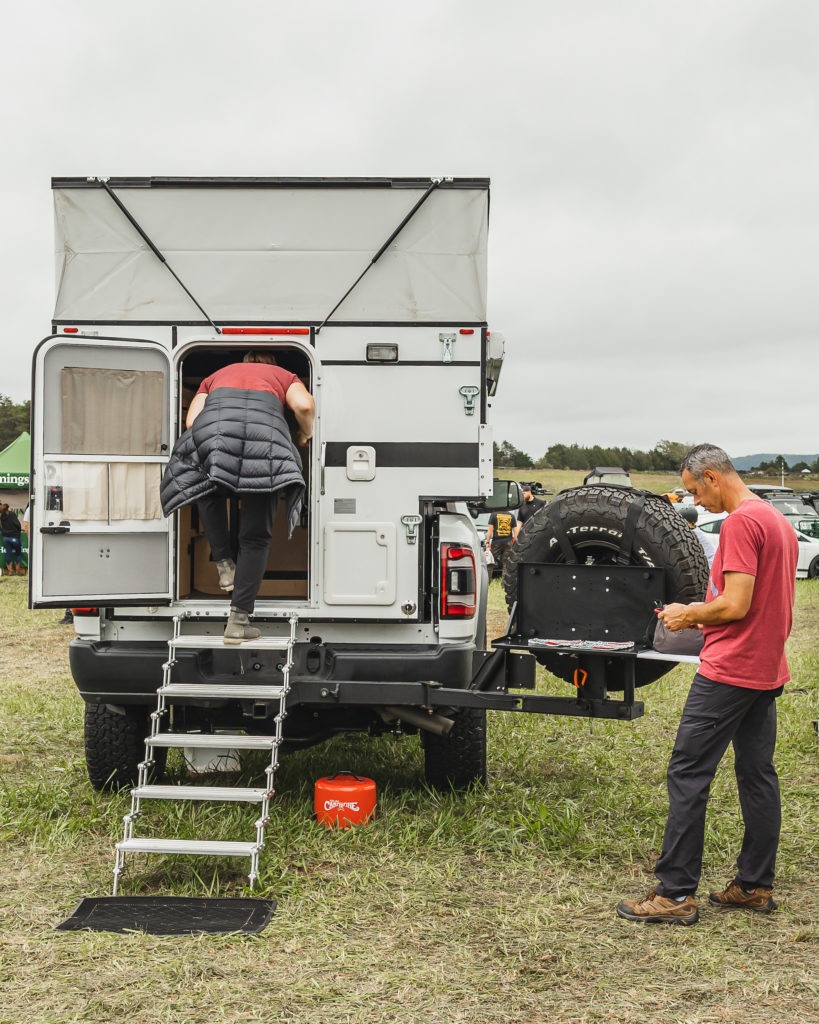
The Digital Nomad Overlander: Work from Anywhere
One of the most highly coveted ways to pay for overland travel is the ability to work from anywhere and simply move your office when you get tired of the view. The Digital Nomad is often a business owner, has passive income, or has a web-based job that allows for travel as long as Wi-Fi is available nearby. With the coming of solid, satellite internet services like Starlink, Digital Nomads have more possibility than ever before to get their work completed on the road.
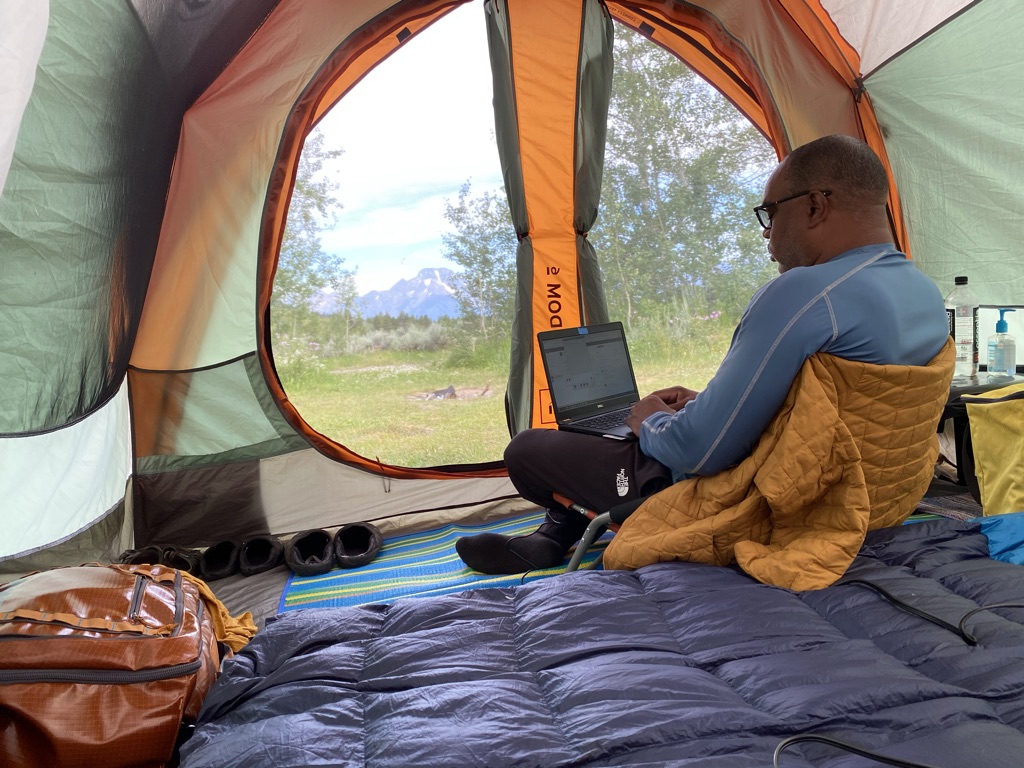
Read More: Where to Camp While Overlanding
Many see the opportunities available on platforms like social media and YouTube as an easy way to make money on the road while documenting your travels along the way. A handful of travelers have been able to produce quality content while traveling with weekly videos, blogs, and stories written for online publications, and product review and promotion work. Although it is possible, many content creators will caution that creating compelling content is not all it is cracked up to be.
Tips for the Digital Nomad Overlander
When considering writing articles for publication or producing YouTube episodes, remember that you will likely end up working 40-60 hours per week for a lot less money than you made before.
Plan your travels around Wi-Fi availability. Many travelers are able to still do their full-time jobs as coders or business owners, they simply need Wi-Fi to stay connected. Plan to be off the grid on weekends and land back at solid a Wi-Fi connection during the week.
While we highlighted five types of overlanders in this article, in reality, most overlanders are a combination of two or more of these types. However you travel, it is more important to get out there and experience the world than it is to put yourself into any one type. Go enjoy this amazing planet!
